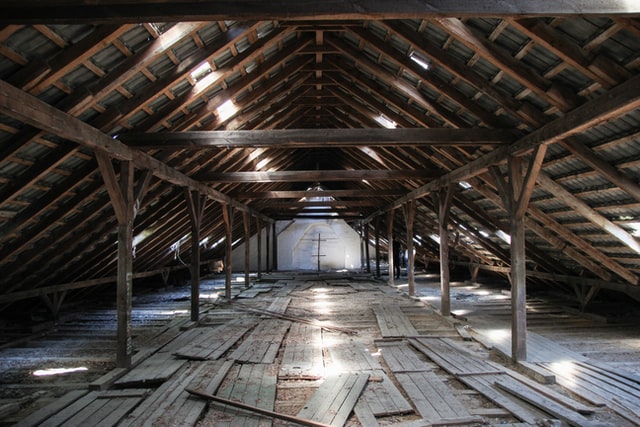Many homeowners overlook the impact of the attic on their air conditioning costs. According to research, proper attic insulation can save 20-50% of the heating costs. Additionally, a well-insulated attic helps melt the snow during winter, minimizing the load on your roof and prolonging its lifespan. Therefore regularly inspecting your attic to ensure it is well insulated and in good condition goes a long way.
Here are some considerations for attic insulation Toronto.
Evaluate your attic
First things first, have an expert examine your attic. You have to check the condition of the roof structure and attic space beforehand to know where to start. If you notice any open areas or discoloration, you may need to repair the structure before insulating. You should also check for damp spots or moisture stains indicating the presence of leakage in your attic.
Moreover, check the rafters to ensure they are not damaged or sagging. Ideally, you should first address the structural integrity of your roof before installing attic insulation to avoid future problems.
Ensure the attic is air-sealed
Secondly, seal any open holes, cracks, and spaces in the attic to ensure it is airtight. An air-sealed attic will easily maintain the temperatures in the house by preventing the air from escaping, especially during cold months. A commonly used solution for air sealing is foam spray. You should also ensure good ventilation in the attic.
Generally, your attic should have a consistent temperature with the outside environment plus or minus five degrees, which reduces your air conditioning bills. A functioning soffit makes it possible to draw fresh air into the attic, which aids ventilation.
Choose the right insulation material.
The level of insulation in your attic narrows down to your choice of insulation material. When choosing an attic insulation material, consider the following properties.
- The R-value is used to rate the material’s level of heat resistance. It may vary depending on your location, but the higher the R-value, the greater the insulation.
- The space available- you should evaluate the space you need to insulate before choosing an insulation material. The amount of space every insulation material requires impacts effective insulation.
- Need and budget- the attic insulation material you pick should suit your specific needs and budget. Click here to learn more about attic insulation materials.
Prep adequately
A lot of preparation goes into effective attic insulation. Here are some prep tips to ensure that your attic insulation lasts for many years.
- Address any roof leaks which can ruin the insulation or lead to the growth of molds in the attic.
- Allow enough space between the attic insulation materials and the light fixture to mitigate fire hazards.
- Direct all the ventilation vents to the exterior to ensure that the attic doesn’t trap any humid air.
conclusion
Attic insulation provides a wide range of benefits, including roof longevity, mitigating the formation of ice dams during winter, improving air quality in your home, and extending the life of your air conditioning system. With the proper attic insulation materials, you can achieve effective attic insulation.

